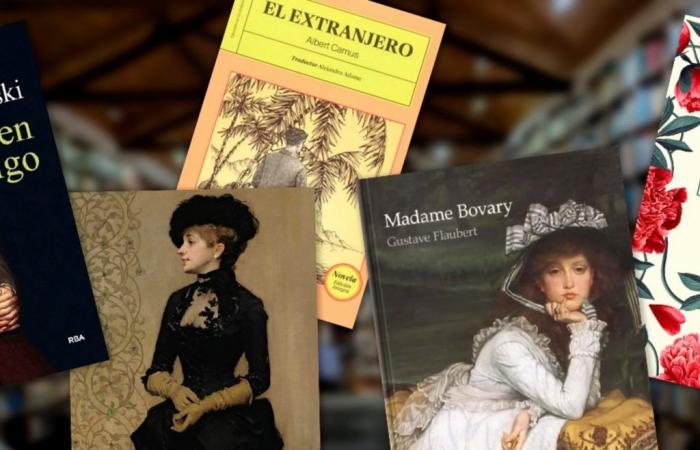He became a good reader because he didn’t know how to dance. And maybe that’s why he never set foot in the Regatas Club, very rare for a kid from Avellaneda at that time. What teenager on this side of the Riachuelo did not dance his first slow dance at the Regatas, one of the cradles of Argentine rowing? In the ’70s the club had more than 80 boats, but little by little the rowers disappeared due to the contamination of the waters, as did the yellow lights of those memorable dances that brought together more than 15 thousand young people per night. Those of us on my block, for example, used to go in malón, always with a “mother on duty,” the lady who sat in the back and spied on us from afar. Those dances, which began in the ’40s and ended in the ’80s, marked many youths. But that’s not the point now.
The writer and psychoanalyst Luis Gusmán says in his “Avellaneda profana” that he embraced books because he did not know how to dance. And that tango lyrics were his first library. With them-he expands he-he learned betrayal, revenge, friendship, life and death. But before, long before that, he must have found – like Graham Greene in “The Lost Childhood” – the key to turn in the lock: learn to read. Because then the books “begin to awaken an enthusiasm that has something of divination, of revelation, of a world to be discovered.”
At the turn of the years, Gusmán – with eight decades behind him – dares to change the trite question What book would you take to a desert island? Which book would you take to the afterlife, to the resurrection?. He talks about the resurrected books, those that “from time to time we do not find but are never lost.” Those to whom one grants the greatest loyalty: the rereading. Those that can survive moves and divorces.
“What happens to the library when a separation occurs? It’s like a pound of flesh: how to separate it without spilling a few drops of blood? (…) Those feelings that leave us mute during moving, when we can no longer hold on to the book that was ours but that, without any logic or legality, now belongs to the other.”
Gusmán – a bookseller in his youth – speaks of “his textual reserve”, of the books that despite everything They are always hanging around the nightstand.
In your case, Red and Black, Crime and Punishment, Journey to the end of the night, Ferdydurke…
And in ours? How many could we put in the luggage to take to the afterlife?
Flaubert maintained that there are five or six that should be reread every day and the rest “get to know and nothing more.”
His Madame BovaryFor example, it would surely be in my backpack, along with Anna Karenina, The Foreigner, Homeland, Bomarzo, The Flowers of Evil and perhaps this one from Gusmán, melancholic and happy, for that gentle pull towards the neighborhood, childhood and the first library, because – as he says -, “One day I was the one who crossed the bridge and left Avellaneda behind. At least I thought so.”






